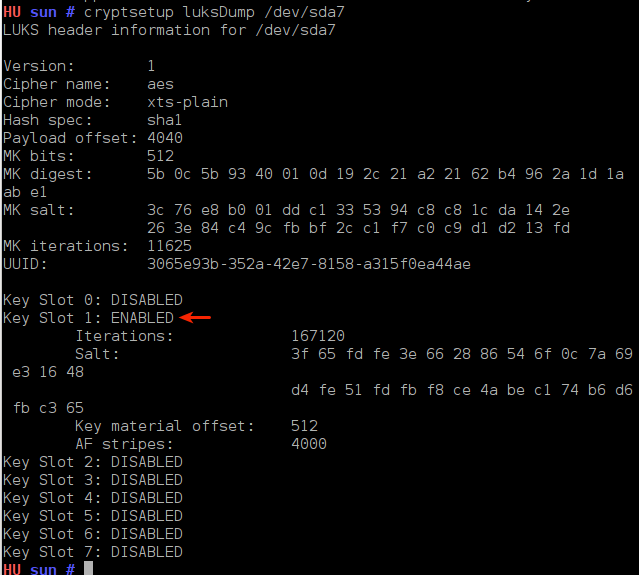 Sometimes geeky technical details matter only to engineers. But sometimes a seemingly arcane technical decision exposes deep social or political divisions. A classic example is being debated within the Mozilla project now, as designers decide whether the Mozilla Firefox browser should trust a Chinese certification authority by default.
Sometimes geeky technical details matter only to engineers. But sometimes a seemingly arcane technical decision exposes deep social or political divisions. A classic example is being debated within the Mozilla project now, as designers decide whether the Mozilla Firefox browser should trust a Chinese certification authority by default.
Here’s the technical background: When you browse to a secure website (typically at a URL starting with “https:”), your browser takes two special security precautions: it sets up a private, encrypted “channel” to the server, and it authenticates the server’s identity. The second step, authentication, is necessary because a secure channel is useless if you don’t know who is on the other end. Without authentication, you might be talking to an impostor.
Suppose you’re connecting to https://mail.google.com, to pick up your Gmail. To authenticate itself to you, the server will (1) do some fancy math to prove to you that it knows a certain encryption key, and (2) present you with a digital certificate (or “cert”) attesting that only Google knows that encryption key. The cert is created by a Certification Authority (“CA”), which asserts that it has done the necessary due diligence to establish that the designated encryption key is known only to Google Inc.
If the CA is competent and honest, then you can rely on the cert, and your connection will be secure. But a dishonest CA can trick you into talking to an impostor site, so you need to be cautious about which CAs you trust. Your browser comes preinstalled with a list of CAs whom it will trust. In principle you can change this list, but almost nobody does. So browser vendors effectively decide which CAs their users will trust. Continue reading.







